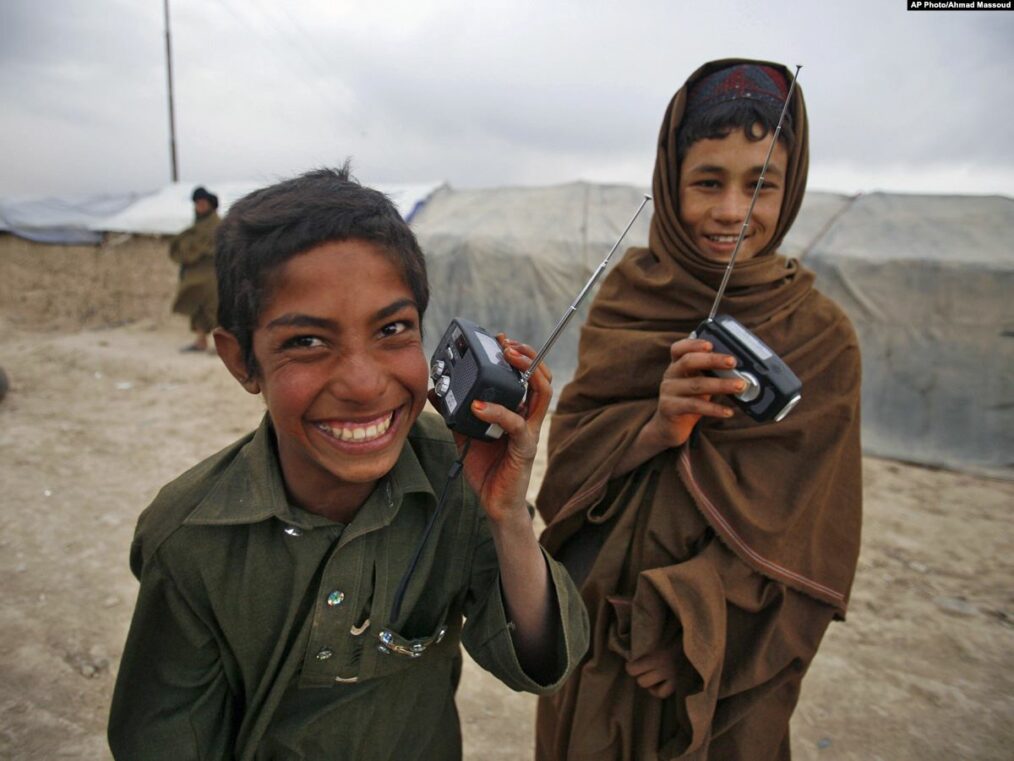
How Technology Can Help Combat Terrorism
With the rise of technological transformation, it’s wise for the American counter-terrorism policymakers to pay a closer look at the emergence impact of technology as tools to prevent terrorism movements and help protect communities from the dangers of extremism globally.
From 2016 to 2018 the number of people killed in terrorist attacks all over the globe has continued to ebb with 19,000 in 2017 to just under that figure the subsequent year. In addition, one-fifth of all terrorist attacks were successfully thwarted. The number of intra-state conflicts and political violence globally has continued to spike with 2016 being infamously known as the year of conflict with more countries experiencing this type of violence in the last thirty years.
With ninety-nine percent of all deaths in terrorist attacks taking place in countries affected occurring in conflict zones, understanding the evolving nature of intra-state conflicts and assisting in implementing preventative measures is imperative to maintaining the decrease in terrorism-related deaths. The best way to achieve this goal, American counterterrorism experts and foreign policymakers must look toward the technology sector.
What is peace and technology and how the field has grown
Peace technology as well as peace engineering can be understood as innovations ranging from cellular phone applications, artificial intelligence, and telecommunications, or ICTs, crafted to mitigate conflict, and ease tensions. As a result of globalization, ICTs specifically have crossed all nations’ borders regardless of whether structural violence is ongoing or whether the state is experiencing any other form of political instability.
In other words, ICT and other forms of technology create a digital liminal space for civilians in conflict zones to not only remain informed about local hostilities but connect and interact with others outside the world of conflict.
In 2008, the United States Institute of Peace established the Peace Tech Lab. Since its inception, the Lab has had successes which include developing the radio show, Sawa Shabab in South Sudan. The radio program promotes peacebuilding by delving into topics such as gender equality, conflict mediation and respectful dialogue, and youth issues.
Since the show’s first season, the program has reached over 4,000,000 in South Sudan and ninety-two percent of listeners said they now felt capable of addressing issues in their community. In addition to the Sawa Shabab, the Peace Tech Lab partnered with Drexel University in creating a Master’s degree program in Peace Engineering—the first and only engineering degree of this kind. Students from STEM backgrounds utilize and hone their skills by inventing tools that prevent and mitigate conflict.
Why peace technology is essential to the United States national Counterterrorism strategy
As learned from past traditional American conflict stabilization operations, focusing solely on government stability and economic development without including civil society leaves a window for grievances to develop amongst the population—ultimately actualizing conditions needed for radical Islamist movements to thrive. Technology is better equipped to reach the parts of the population in conflict-prone areas that individuals cannot safely access. Moreover, this technology has the potential to provide scholars a clearer window to better understand local conflict dynamics, leading to more nuanced research and policy recommendations.
Utilizing peace technology and ICTs in times of negative peace is essential during pre and post-conflict, but especially during post-conflict state development to ensure fundamentalist Islamist actors are deterred and to prevent the state from re-collapsing.
Although researchers have raised concerns regarding the ethical practices with the use of peace technology in terms of privacy rights and access rights, the risk of not assisting civilians in conflict zones outweighs the ethical quagmires technology poses.
If peace technology and engineering can benefit refugees in camps (in turn preventing radicalization), facilitate community cooperation, and improve the lives of civilians in conflict zones, this option must be considered when formulating counterterrorism policy abroad.
Moving Forward
American counterterrorism policy and conflict stabilization operations should be centered on two basic themes regarding past Western interactions with African and the Middle Eastern nations:
- Promoting the citizen’s role as a structure within, by, and for the government allows the United States to efficiently tackle the negative consequences of radicalism and further distance the inclination to join radical Islamist groups and better prevent the perpetration of lone-wolf attacks.
- Visible involvement by the United States (and their allies) hinders conflict stabilization operational success since it propels the Islamist and Post-colonial narrative about ‘Westernization’ or unwanted Western interference in African and Middle Eastern socio-political affairs.
As previously mentioned, past American post-conflict reconstruction in the Middle East has somehow were not successful due to the focus on trying to achieve political stability and economic growth. Thus, neglecting the conservative and rural parts of the population that are vulnerable to terrorism.
Most often ignoring certain populous that are vulnerable and are isolated can be drawn to the formation of radical political movements that often leads to terrorism. Therefore, funding grassroot technology companies on the ground that are aiming to foster community cohesion is imperative.
Funding these grassroot organizations in addition to bolstering domestic companies in Silicon Valley abroad working to mitigate conflict, as well. Augmenting and supporting the creation of the peace technology sector would allow the United States and its Western allies to reduce conflict violence and mitigate terrorism without it being perceived by locals as Western meddling.
The United States should invest in technology companies located domestically and in conflict zones that are innovating civilian protection and conflict mitigation. By helping create an environment in which civilians are encouraged to use their effective voice and equipping them with innovative tools to prompt long-lasting sustainable change.
Specifically bolstering grassroot efforts in conflict-torn societies, especially Islamist proto-states, eases future post-conflict state development and simultaneously deters non-combatants from actively participating in any form of violence stemming from political opposition and power struggles.
